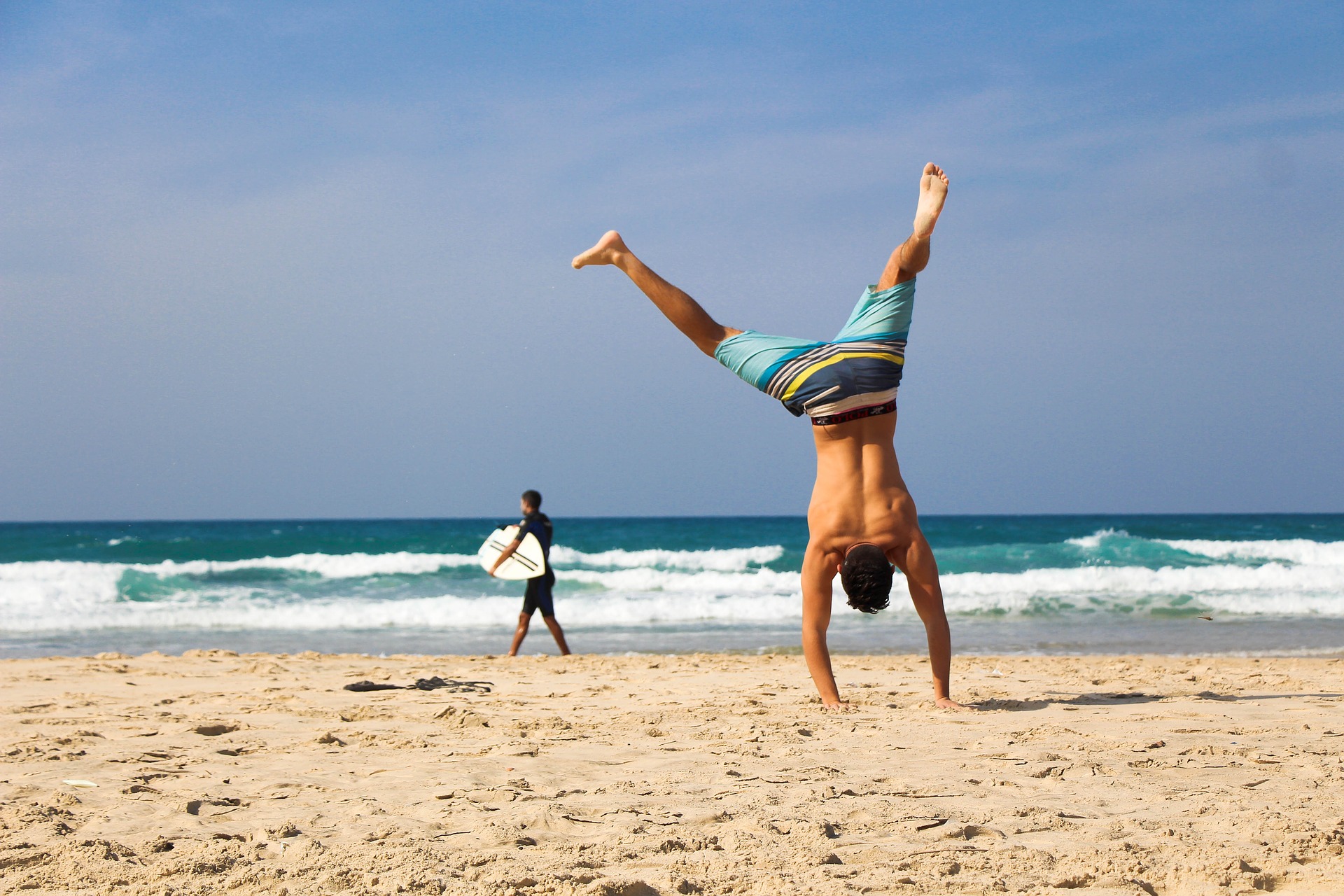Being a high-performance athlete is incredibly time-consuming. Yes, we all know this, but I really urge you to reflect on it. You dedicate hours upon hours traveling, playing, watching film, practicing, lifting, as well as attending recovery workouts and seeing your trainer. You have to sleep and eat more to keep up with the rigorous training you’re pushing your body through. To keep up academically, you need to spend hours tracking down and studying class notes and power points as well as asking professors to take time to explain that concept you don’t understand. Adding up all of those hours is quite overwhelming, or, at least, it was for me when I thought about all of the other things I wanted to be doing as well.
Now let’s talk about opportunity cost. If we think of time as a currency, opportunity cost is the thing you do not spend time on because you spent that time doing something else. For example, think about that birthday party you missed when you were 12 because of that tournament you competed in, not being able to go abroad for a semester because of your commitment to your sport, or the time you missed seeing your grandfather for the last time for that state final. To keep my narrative on the lighter side, I’ll tell you about opportunity cost and my 12th birthday.
On July 12th of 2008, I competed in my town’s soccer tournament. During the game, a striker two years my senior fell on me and I nearly broke as my back bent too far the wrong way. So, I spent the rest of the day in the Emergency Room. Leaving the hospital, I knew I’d have a new fun fact: My first time in an ambulance was on my 12th birthday. And, oh boy, did I have a great story about my birthday to tell my classmates and the neighbor kids. However, they had some pretty cool stories too, like what their family reunion, acting class, or trip abroad was like. They had some cool stories, and so did I. But, as time went on, my story stayed consistently true to sports injuries and successes, and their stories revealed a vast array of life experiences that I missed out on because nearly all of my time outside of school (and even some of the time I was supposed to be in school) was committed to athletics.
High school was when I really started to feel that I was missing out on the variety that life holds. School. Sports. Sleep. School. Sports. Sleep. School. Sports. Sleep. A close friend invited me to go to Mexico with her and her family to develop my Spanish skills and learn about Mexican culture. I couldn’t go because leaving for the summer months would be the end of my soccer career. An art teacher asked me if I would like to stay after school with her to develop my painting skills one on one, a therapeutic passion of mine I could not pursue because I had either soccer or lacrosse right after school every single day. I could do school, and I could do sports. Anything else was out of the question because I simply did not have the hours in the day to do it. I was a student athlete. I couldn’t also be a painter, play the cello, or become multilingual; yet, these were all things I wanted to do.
Fast forward to the end of my athletic career: my senior fall of college. People kept asking, “Wow, how does it feel? Are you nervous? Are you going to miss it?” My responses always surprised them, which, in turn, surprised me! It seemed that my view on my impending retirement was vastly different than the norm for my peers. I told them of plans to be an Undergraduate Advisor, study languages, join an academic fellowship, do drag, travel the world, take self-defense classes, and more. I told them that I would miss things like the team, the space to be me in whatever form I took, and the game of rugby itself (I transferred from soccer to rugby my junior year), but not the time commitment. While others talked about an identity crisis, I thought about finally fulfilling my potential to do more; to do the things I never could, but would soon be able to. I was filled with excitement because I felt like I was being released from a burden I had committed to since I was a child. I quite literally saw one door closing and ten doors beside it for me to open to my own gleeful curiosity, excitement, and desire. It was finally time to develop the entire me, not just the student athlete me.
Now, I am not saying that sports did not give anything back to me for all of the dedication and time I put into them. Being a competitive athlete has given me the skills to do all the things I now have time to do. Sports gave me personal drive and taught me to take the initiative, to give nothing but my best even if I’m tired, and—quite relevant for women today—to stand up for myself and establish myself as powerful in my own right in a man’s world. Everyday, people say they’re going to learn a new language or plan a trip abroad or take those art classes, and yet they don’t do those things. But thanks to the skills I developed over my nearly 15 years as a competitive athlete, I am doing and will do the things I always wished I had the time to do.
For some, being a student athlete is the main tenant of their identity; therefore, I understand the loss some may feel when that part of them is no longer the stable pillar it used to be. But to those people I say, you don’t give yourself enough credit. Yes, you are or you were a student athlete. But, you could be so much more. You have so much to give to the world, and now you have the time to give it! Appreciate your experiences, learn from them, keep up with your health, plus all of those other things athletes need to do once they retire; but, now is your time to go out and explore the world you have ignored for the past decade or so. If you haven’t looked recently, there’s more out there than you know. Happy exploring.


